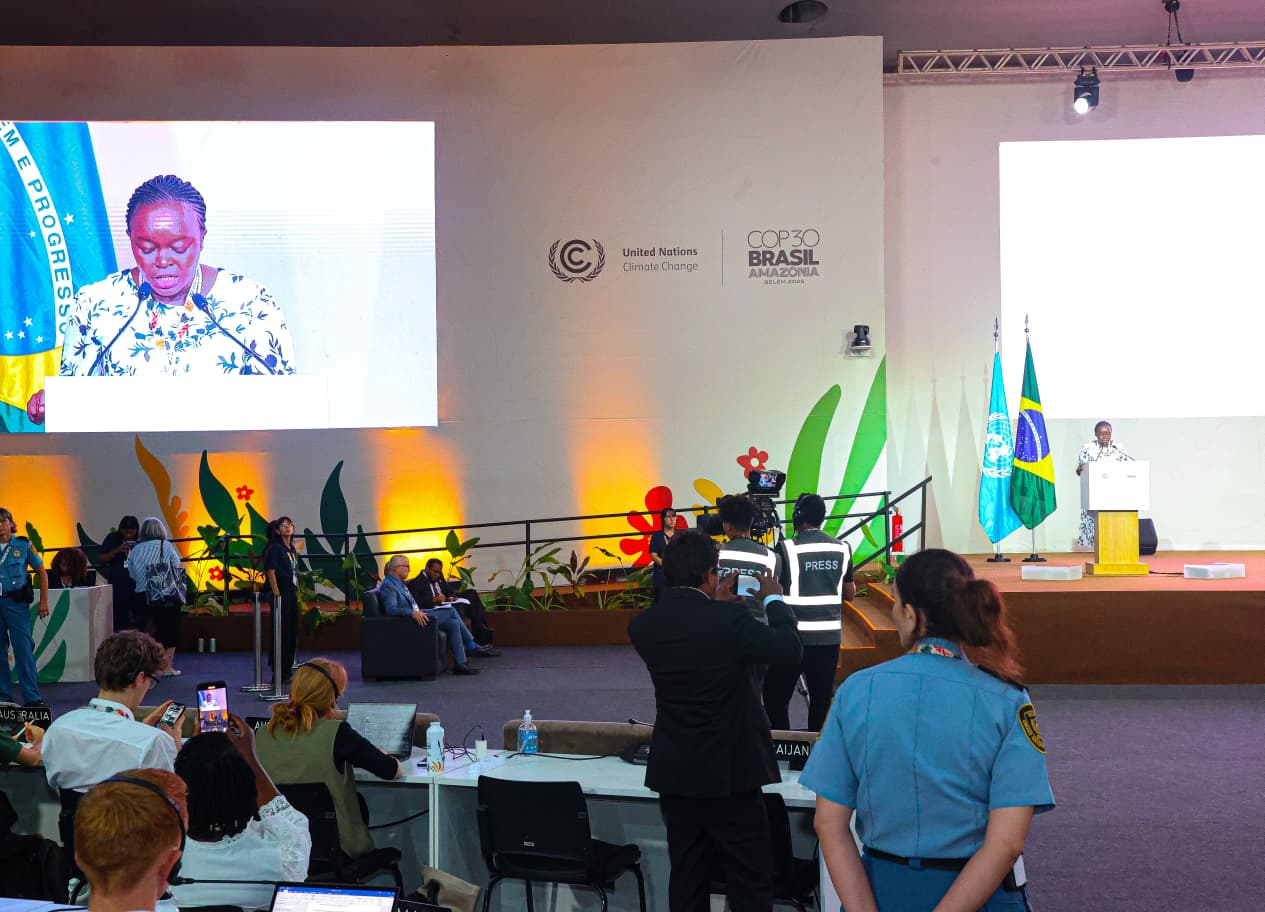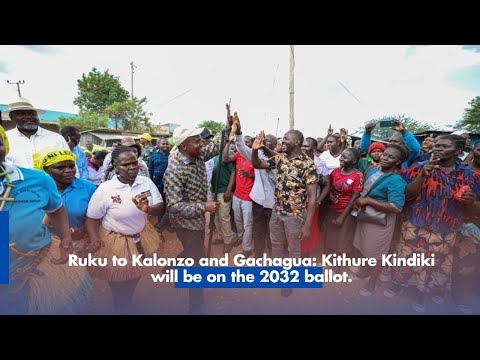
Environment Cabinet Secretary Deborah Barasa has delivered one of Africa’s most forceful statements at COP30 in Belém, Brazil, earning applause as she declared the continent had arrived “with clarity and urgency.”
Speaking against what she called “the backdrop of the Amazon rainforest, a living symbol of what humanity risks losing and what we must fight to protect,” Barasa reminded world leaders that Africa stands at the frontline of a worsening climate crisis it did little to cause.
She underscored that Africa is “the least responsible for this crisis, yet we face its harshest consequences,” pointing to droughts, floods, and extreme heat that have become daily realities for millions.
These impacts, she stressed, are no longer hypothetical projections but “the lived reality of a continent already in the eye of the storm.”
Reiterating Africa’s longstanding demand for the formal recognition of its special needs and special circumstances, Barasa insisted that the call was not about eliciting sympathy.
“This is a call for equity and fairness,” she said.
She highlighted ongoing negotiations on the Global Goal on Adaptation (GGA), saying the goal cannot remain aspirational or ambiguous.
Africa, Barasa said, wants a clear, measurable framework that captures the full breadth of adaptation needs, from resilient infrastructure and food systems to ecosystem protection, gender equality, and the inclusion of marginalised communities.
“Adaptation must no longer remain the poor cousin of climate action, underfunded, vaguely defined, and perpetually delayed,” she said, reaffirming Africa’s alignment with calls by developing nations and Least Developed Countries for a tripling of adaptation finance.
Barasa stressed the need for scaled-up, predictable, and predominantly grant-based financing that does not worsen debt burdens.
Climate finance, she said, remains the defining test of global solidarity.
She urged countries to operationalise the Baku-to-Belém Roadmap and meet the 1.3 trillion US dollars annual climate finance target by 2035, warning that communities ravaged by climate-driven disasters “cannot rebuild on promises.”
She also emphasised the centrality of technology in transforming Africa’s climate future, noting that the continent still faces significant barriers to accessing or producing the technologies required for a low-carbon transition.
Barasa called for genuine technology transfer, investment in regional innovation hubs, and support through the Technology Implementation Programme.
“Africa cannot remain a consumer of imported solutions,” she said.
“We must be empowered to develop and deploy our own.”
Backing the establishment of an African Just Transition Technical Assistance Network, she cautioned against unilateral trade measures that could restrict African exports or undermine access to emerging green markets.
Barasa also called for gender justice, noting that women across the continent bear disproportionate burdens, from food insecurity to water scarcity, and urged the strengthening of the Gender Action Plan to ensure gender responsiveness is embedded in all climate decisions.














